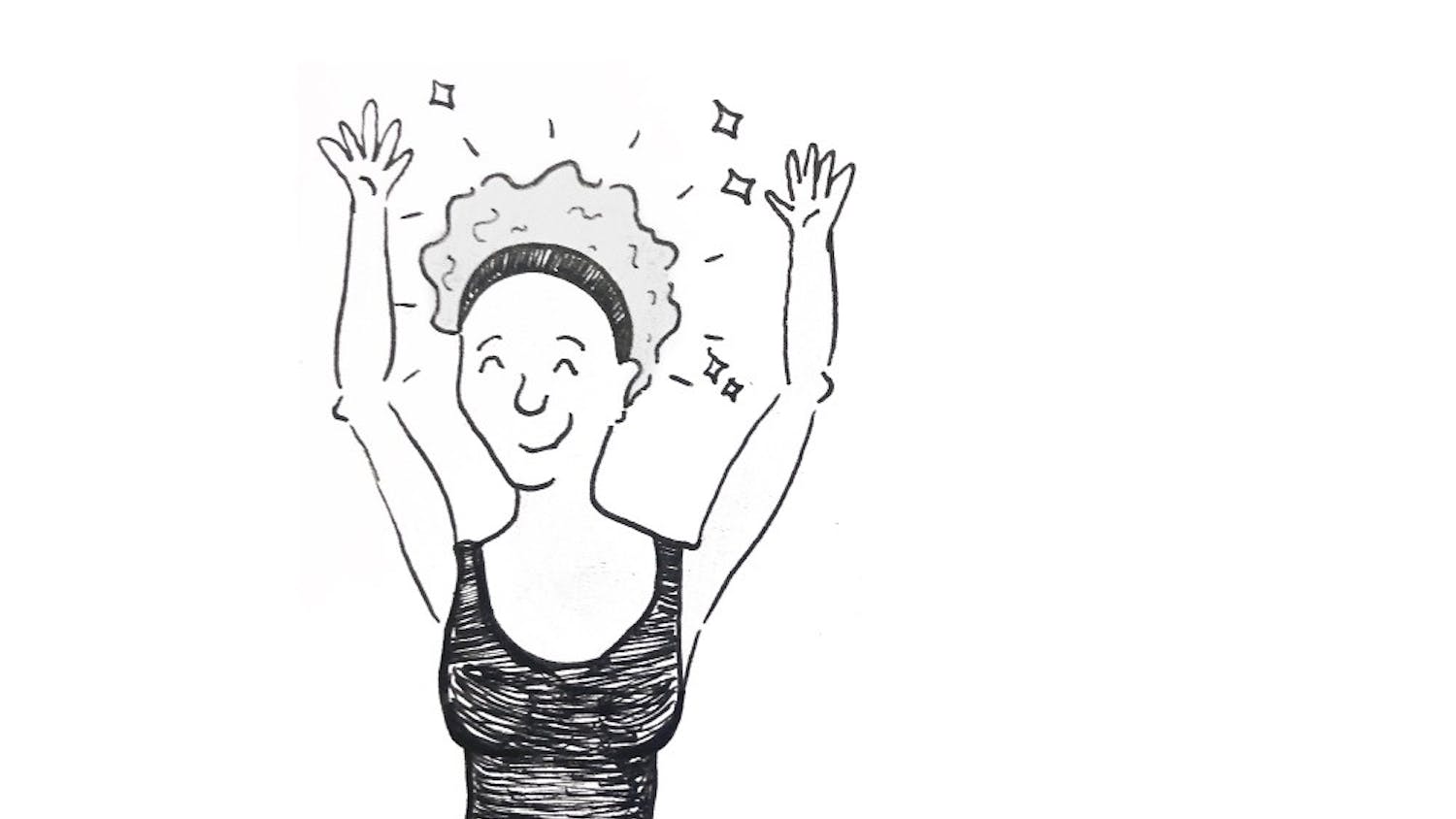With all of the world seemingly cooped up in their homes, many of us have turned to movies and television shows to escape the uncertainty of reality. It was during this recent pursuit of entertainment that I began to binge as many films and television shows featuring queer characters as I could.
Like many LGBTQ people, I had turned to film to find someone like me. Thankfully, this past decade has brought about an unprecedented influx of queer storylines. And while I am grateful that LGBTQ narratives are becoming ever more normalized on screen, I began to notice an unsettling characteristic in the characters I was watching: While their characters were queer, the actors and actresses portraying them were not.
To queer individuals who rarely see characters that reflect their own experiences in the media, this disjuncture is salt in a fresh wound. While it is encouraging to see more and more queer stories in films, the existence of a character’s queerness only within the dimensions of the screen sends the wrong message — that our identity as queer people is a performance that we can stop at any time.
Straight actors perform the role of queer characters on screen — often to critical acclaim — and are then able to return to their heterosexual lives without issue. This was the case with the lead roles in 2005’s “Brokeback Mountain,” 2015’s “Carol” and 2018’s “Call Me By Your Name.” Moreover, of the 107 actors who have been nominated for Oscars for their performance in LGBTQ roles, less than half of those, 50 to be exact, were portrayed by an LGBTQ actor. And while straight actors in LGBTQ roles have won Oscars, no LGBTQ actors in LGBTQ roles have.
Meanwhile, actual LGBTQ people face homophobia and discrimination for being who they are. In 2018, nearly 1 in 5 hate crimes reported in the U.S. were the result of anti-LGBTQ bias, and it is still legal in 30 states to discriminate against people on the basis of their sexuality or gender identity.
Within the entertainment industry, LGBTQ actors have often expressed that they have been warned that their sexuality would hurt their careers. In 2019, Ellen Page revealed that she was distinctly told by people in the industry that she could not reveal she was gay if she wanted to have a career. In 2017, Ezra Miller admitted that he was told that coming out was foolish, as it would ruin his ability to be cast as the leading man. This perspective is likely due to the ways in which Hollywood discriminates against LGBTQ actors, from typecasting, limited awards prospects and the shared perception among LGBTQ actors that casting directors find LGBTQ actors less marketable. It is unsurprising, in this context, that some view coming out as an act of self-sabotage.
But the solution to this glaring double standard is not straightforward. Calling for individuals to only play characters that match their own sexuality would dramatically reduce the number of roles available to LGBTQ actors in comparison to their straight counterparts. And to create a rule that prevents straight actors from playing queer characters but would allow LGBTQ actors to play straight ones seems hypocritical.
However, this can only be considered hypocritical if we assume that the experience of queer people can be equated with that of straight people. And to do so would be to forget that queer people have a history of discrimination and rejection that straight people simply do not.
To pretend to be gay for the screen is to pretend to understand the ways in which queer people have learned to adapt in order to survive in a heteronormative society. Whether it is dressing a certain way in public or abstaining from public displays of affection with one’s partner to avoid being identified as queer, this knowledge is not something one can, nor should, forge. Meanwhile, to pretend to be straight is to pretend to subscribe to society’s expectations and understand what it means to be like everyone else — which in many ways is what queer people have to do to survive.
To some, this stance — that straight actors should not play queer characters — may seem ignorant of the fact that actors are always pretending to be something they are not. Whether it’s playing the role of a doctor, a police officer or a superhero — actors are almost always pretending to be things that they are not, nor have ever been. However, there is a difference between pretending to be of a specific background or experience and pretending to be an identity that has historically been discriminated against and oppressed.
When LGTBQ people go home every night they cannot slip out of their identity; the world will always treat them differently because of who they are, because of a part of themselves that they did not choose and cannot change. To give actors the go-ahead for pretending to be queer is to give them an ability to profit off an identity that they are not.
Actors can pretend to be queer for the screen, for views, for critical acclaim and walk off the set without fear that they will be harassed, threatened or discriminated against for their sexuality or gender identity. For straight actors to be applauded for their portrayal of queer individuals — for the courage and authenticity of our stories — is to take credit for a struggle that is not theirs.
To this end, Hollywood should stop casting straight actors in queer roles. Telling queer stories is not enough when the mouths that are telling them are those of straight people. LGBTQ actors deserve to be able to perform roles that align with their own experiences just as queer audiences deserve to see actors who understand them. Queer voices need to be shared, but not by those who can’t understand what they are trying to say.



